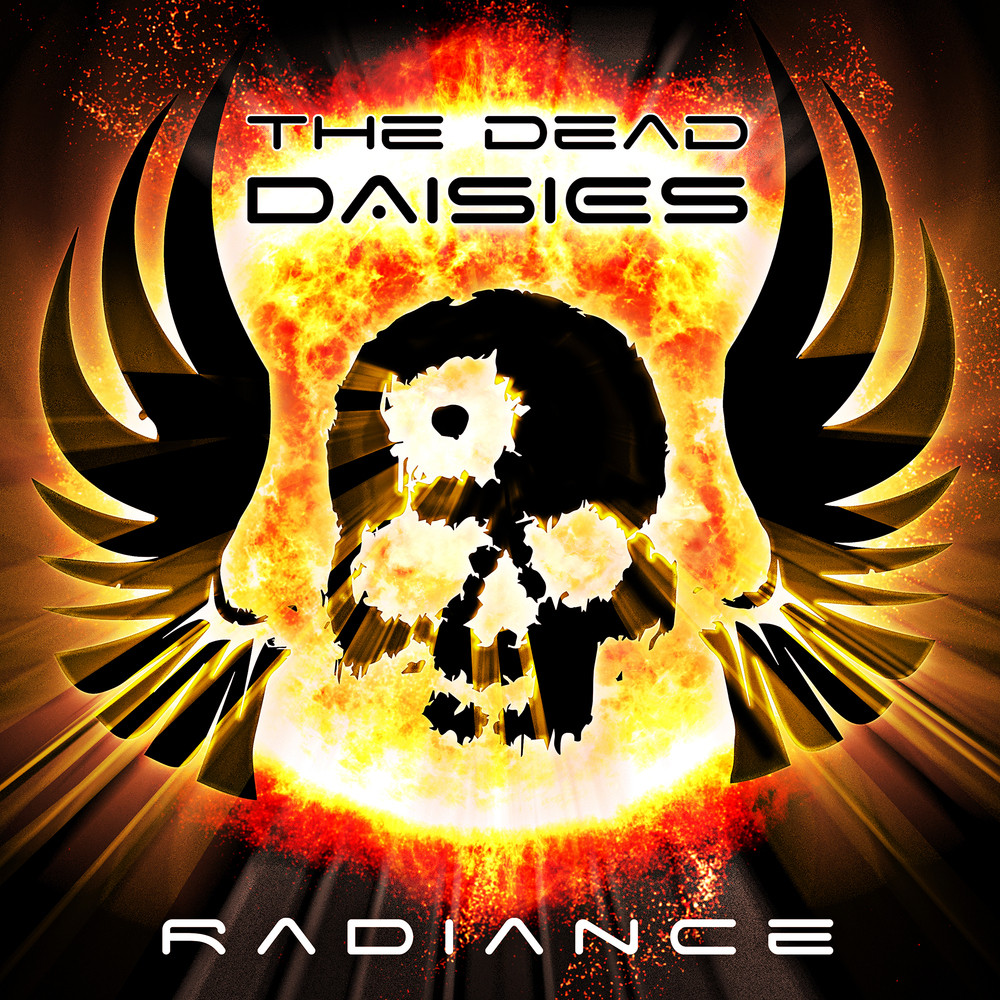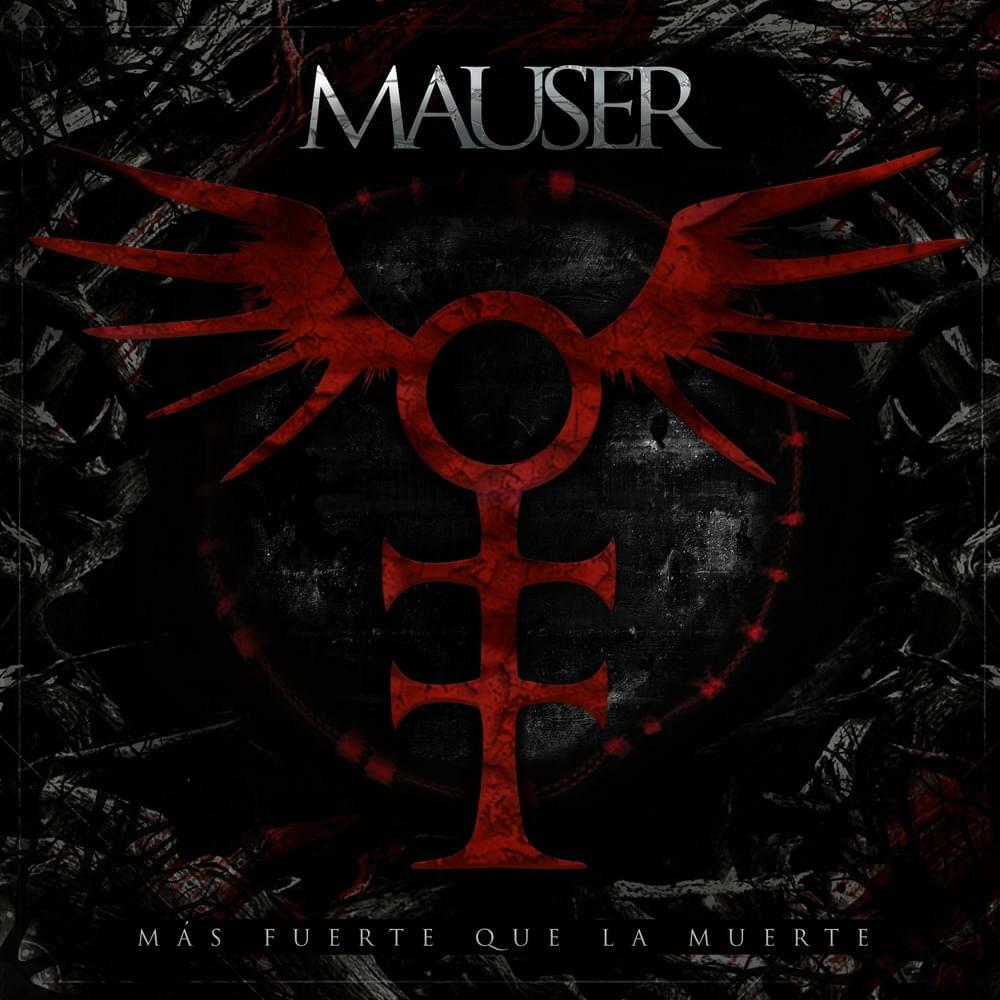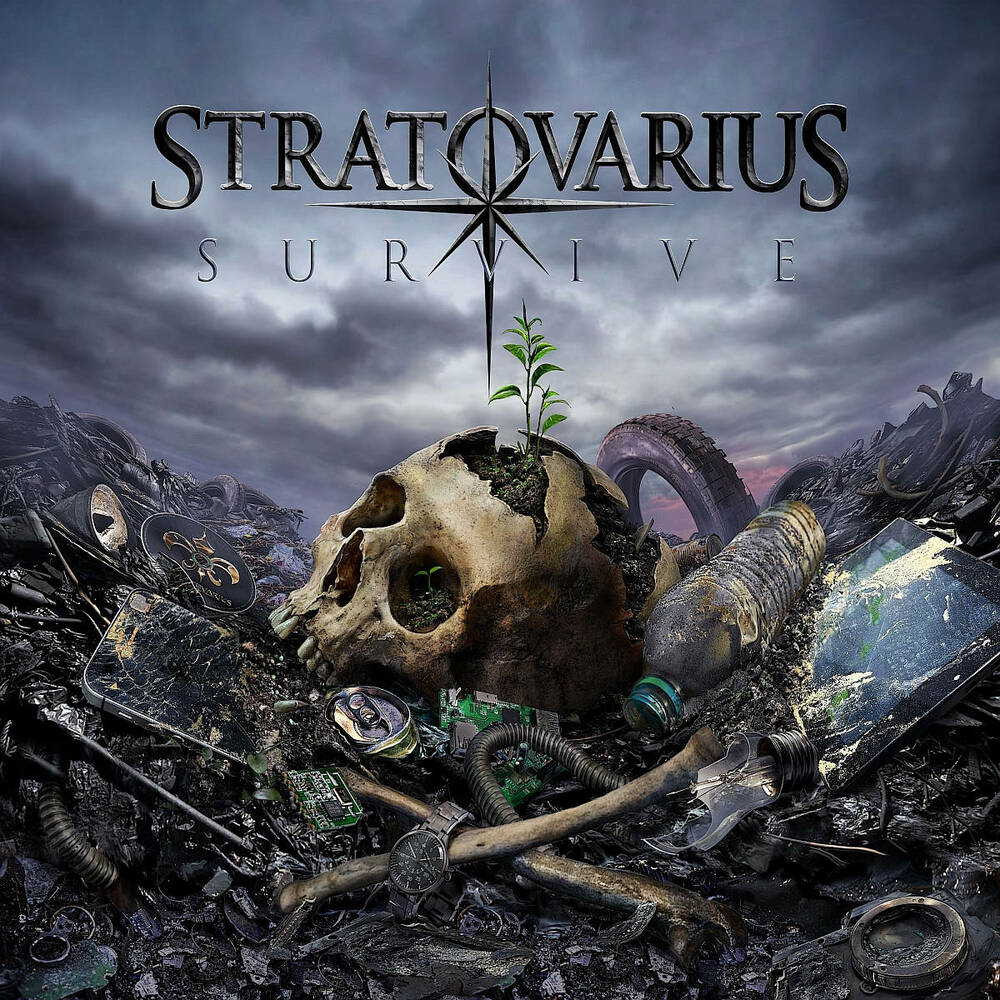 |
Country: Germany
Style: Heavy Metal
Rating: 6/10
Release Date: 26 Aug 2022
Sites: Bandcamp | Facebook | Instagram | Metal Archives | Official Website | Twitter | Wikipedia | YouTube
A couple of years ago, I reviewed Grave Digger's twentieth album, Fields of Blood, which served as a double celebration, because it was also their fortieth anniversary as a band. That suggests a two years per album schedule and they're maintaining that here because the twenty-first has shown up right on time. The best and worst things to say about it are the same: it's, well, another one.
I like Grave Digger, though my era with them was in the mid-eighties when they were a rough part of the German scene with their sound rooted in speed metal. Many fans see their heyday as being in the early noughties with their shift to power metal and epic concept albums like Rheingold. It's as fair to say that this album looks back to both those eras as it would be to say that it ignores the late eighties commercial era spent as Digger or Hawaii. They know what they want to play ongoing and they're rich in back catalogue to fall back on. The question is whether the new material stands up against the old and I can see mixed feelings on that.
I miss the speed and the rough edges, though the former shows up at points of emphasis, like the beginning of King of the Kings, and the latter shows up unexpectedly on the anomalous title track which does a lot of things I wouldn't have expected. There's a lot more of the power metal, with its slicker production and more overt hooks, and my comparison last time out to Sabaton is still valid, though there's plenty of Blind Guardian this time too. There's also some admirable variety but it's generally there to underline how this could have been much more than it is.
That title track is one example, because it starts out slow and doomy, Chris Boltendahl's vocals an exercise in roughness playing out over delicate guitar picking for an odd contrast. A rousing power metal bridge leads to a plodding but melodic chorus and the song would have been better had the evolution continued but instead it just runs through the cycle again. Saladin feels like a breath of fresh air after it, being a brief middle eastern intro to Nights of Jerusalem, but the song proper is not up to the intro, as a decent but undistinguished power metal song.
And most of what populates this album are decent but undistinguished power metal songs. I can't say that I didn't enjoy them, because I did—they're inherently likeable, enough that I almost sang along with a bunch on my first listen—but I also can't say that I didn't forget them as soon as they gave way to the next. In my book, that puts them a solid notch above filler material but only one, a notch down from truly being recommended.
What ranks above that level? I'd throw out King of the Kings, with its urgent speed metal opening, but it's the exact same urgent speed metal opening as Battle Cry two songs earlier. I don't believe the two songs are related, so why they should launch with the same riff, I have no idea. It feels off. So maybe it's only Grace of God, because that's easily the best and most successfully unusual track on offer, as memorable as everything else isn't.
It's another power metal song, of course, but this one benefits from strong orchestration and the mindset that the intro doesn't have to just be an intro. It's a delicate affair, vaguely mediaeval in feel, and it returns at points when the song drops into quieter sections. Some return to that neat mediaeval guitarwork, while others drop into unusual vocal sections. Some feel choral, some more theatrical but they all do much the same thing in subtly different ways, transformed only by their backing or the lack of it. All of them work well and I kept coming back to this song, even if it has no speed metal to be found anywhere in it. I almost felt bad that I didn't go back to King of the Kings in the same way.
And so, while some fans may be mourning how far this falls short of their choice of heyday, but I'm just seeing it as a disappointing follow-up to Fields of Blood. It's an easy album to like but it's not a release to remember.








